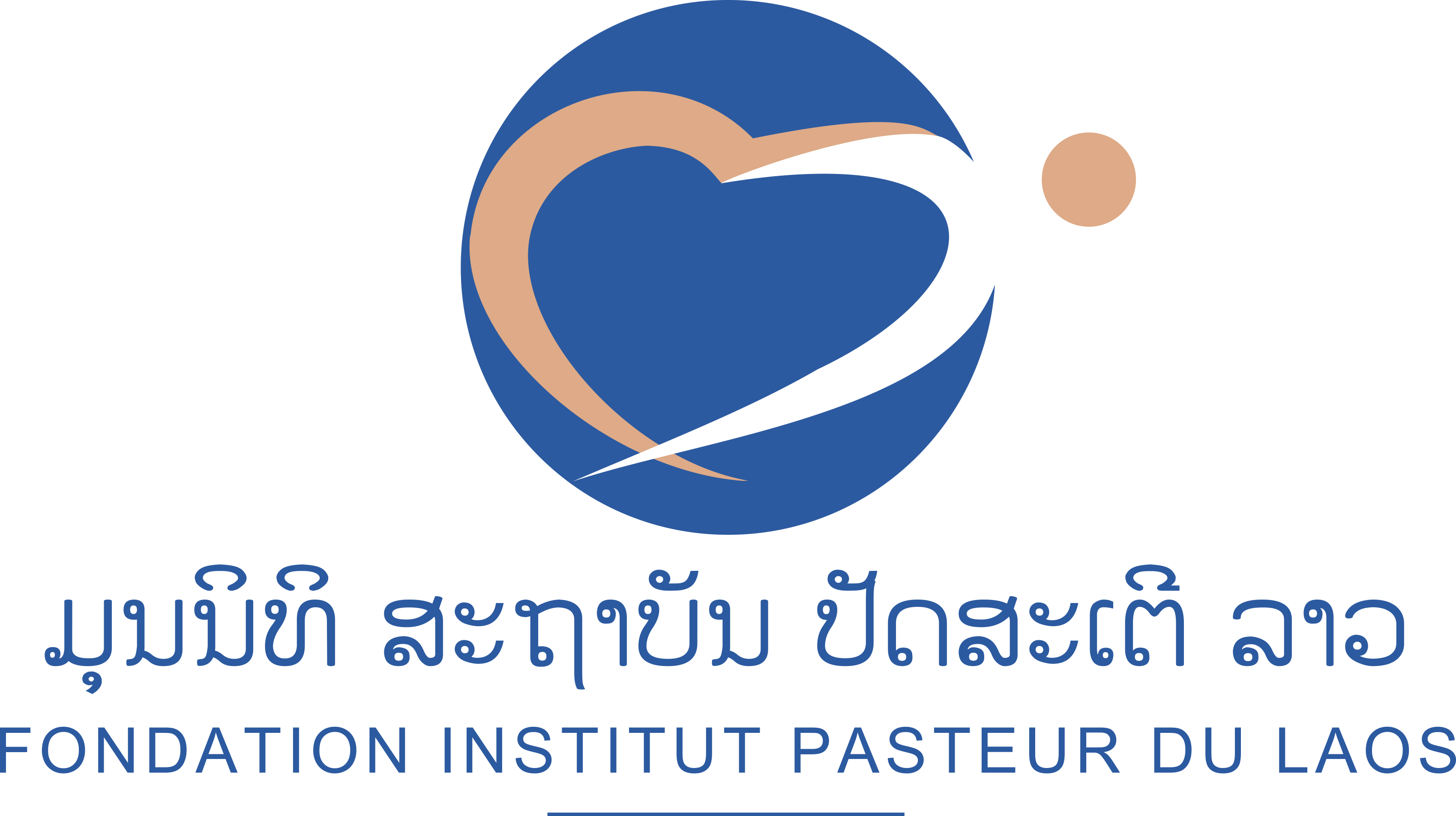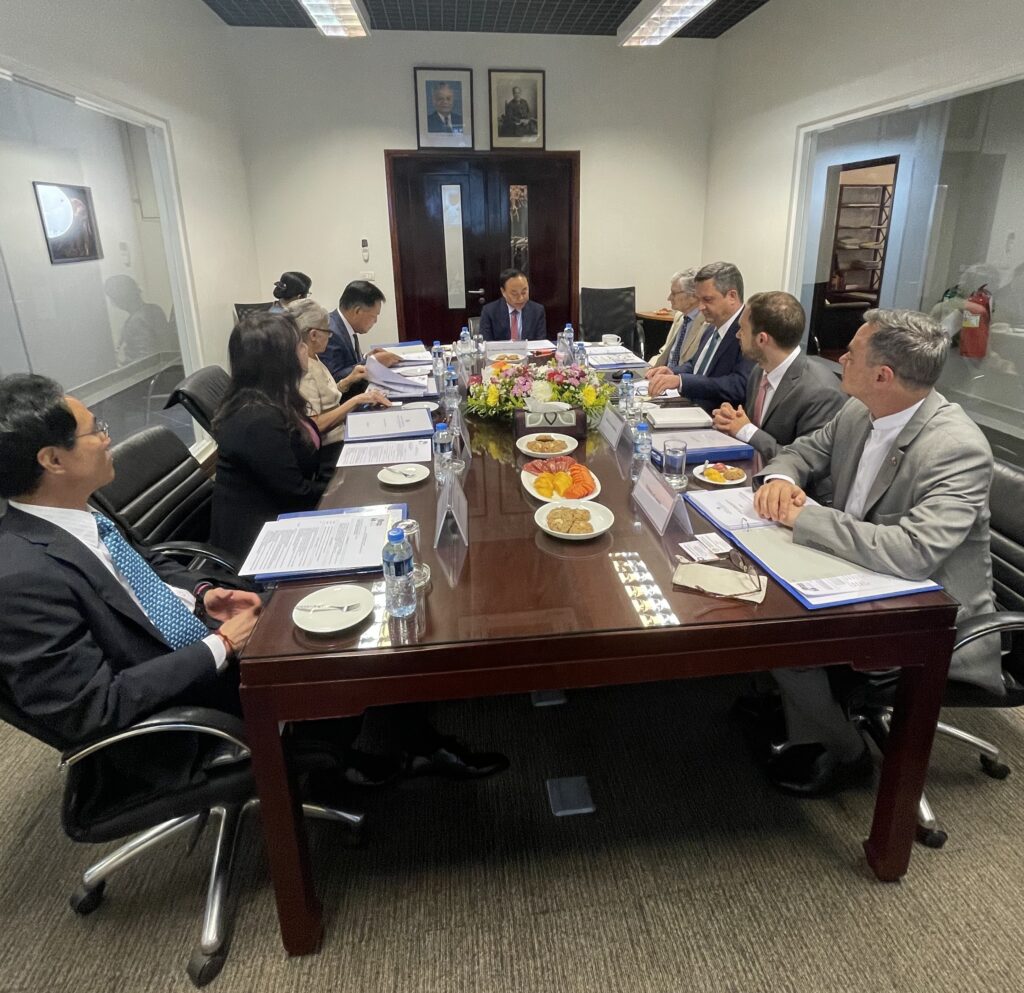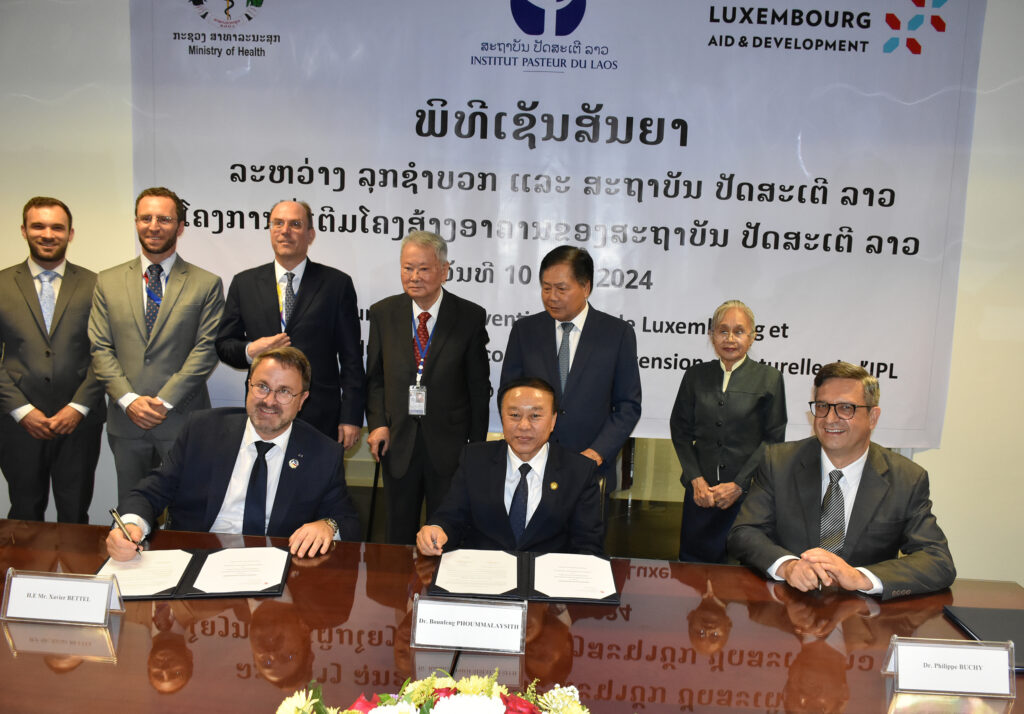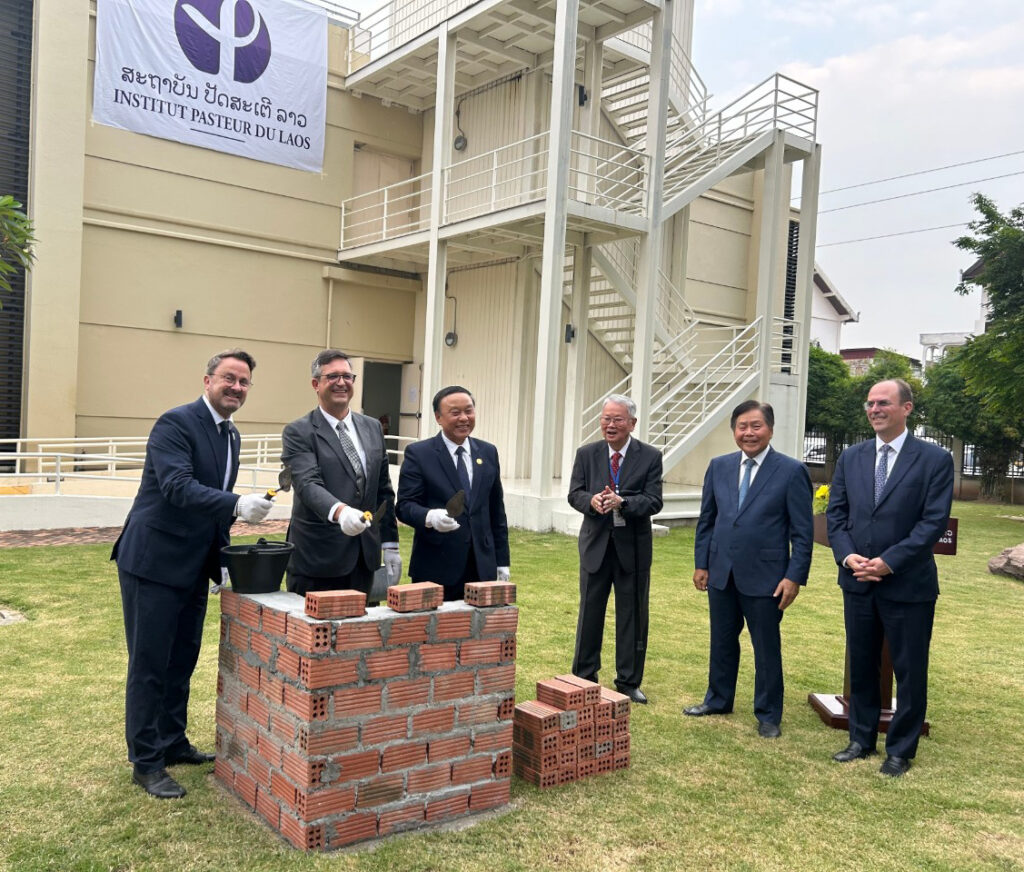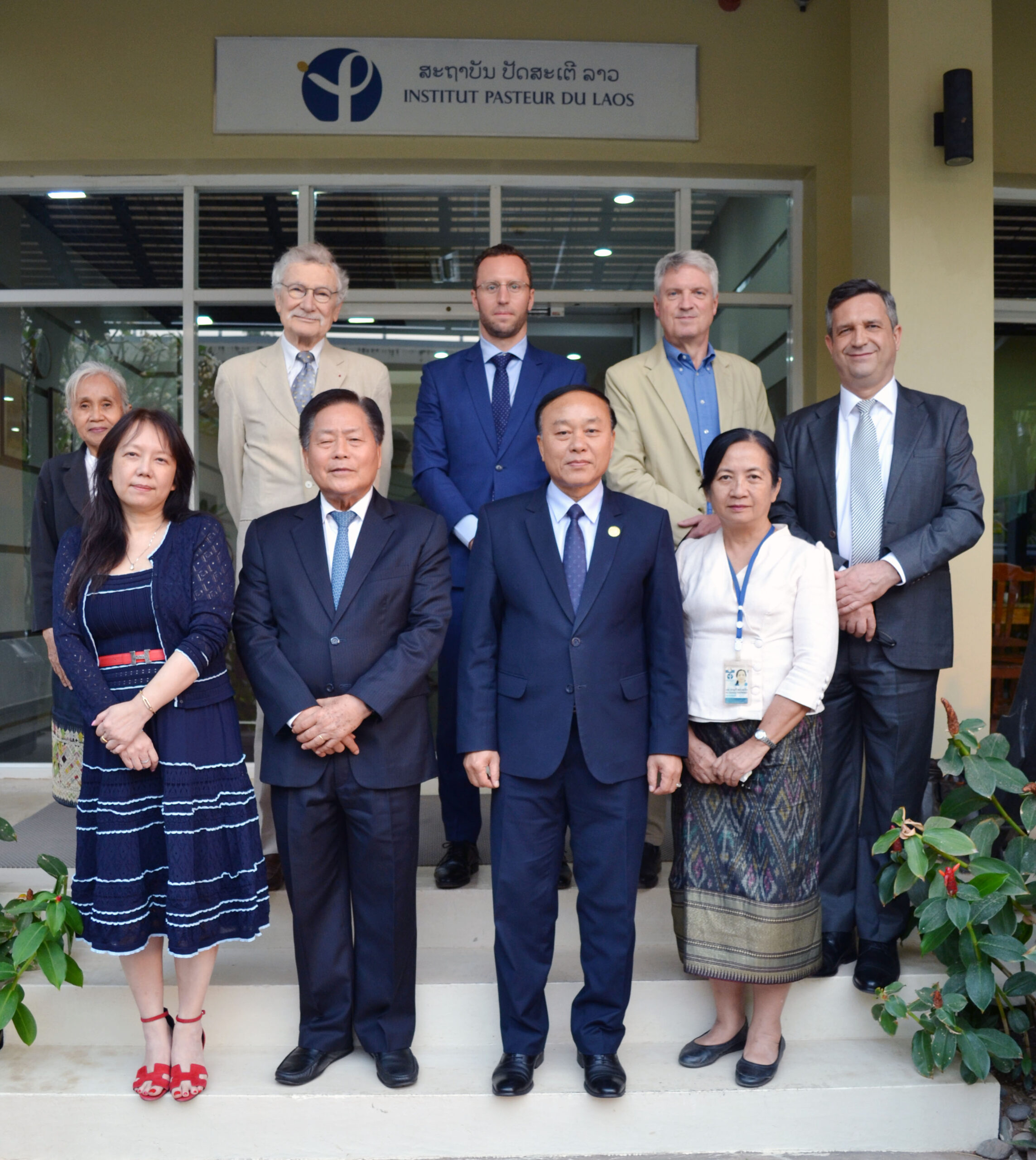ARBOVEC-PLUS

Supervisors:
+ Dr. Sebastien Marcombe (IPL)
+ Ian Sutherland (NMRC)
+ Jeffrey Hertz (NMRC)
+ Dr. Paul Brey (IPL)
Background
Vector-borne diseases constitute a significant infectious disease risk for deployed military personnel and for local populations. Throughout the Indochina Peninsula (IP) and Mekong Region (MR), vector-borne diseases constitute a significant infectious disease risk for deployed military personnel and for local populations. Furthermore, many dengue vector control programs are now threatened by the development of insecticide resistance in Aedes aegypti populations worldwide: this is especially true in Laos, which had its largest dengue outbreak in 2013, where the insecticide resistance profile remains poorly characterized. Analysis of insecticide resistance data related to the ARBOVEC project implemented in the Lao PDR from April 2014 to August 2015 showed insecticide resistance levels in ten Aedes aegypti populations from five provinces. Several larval populations showed moderate resistance to the organophosphate insecticide temephos and high resistance to the pyrethroid deltamethrin, and adult mosquitoes showed the presence of pyrethroid and organophosphate resistance, with some adult populations being resistant to permethrin and malathion. Other adult populations had high resistance to the organochlorine DDT. It is now urgent to determine the specific insecticide resistance mechanisms involved in the resistant mosquito populations in Laos and validate novel molecular resistance markers of insecticide resistance and implement them together with known target-site resistance markers for characterizing insecticide-resistance mechanisms to develop simple insecticide-resistance diagnostic tools that are better able to detect insecticide resistance in new mosquito populations. The ARBOVEC-Plus project has just started and will continue until 2019. It will be managed by the IPL laboratory in Vientiane, where a wide range of expertise is available for identifying the mosquitoes, evaluating levels of insecticide resistance, and determining arthropod insecticide-resistance mechanisms.
Objectives
+ Determine the resistance levels of Aedes aegypti mosquitoes from six provinces of Laos against conventional insecticides.
+ Validate the usefulness of novel molecular markers of insecticide resistance, recently identified in Ae. aegypti, in Laos.
+ Validate high-throughput PCR-based diagnostic tests to identify insecticide resistance in Ae. aegypti.
Partners
Laboratoire d’Ecologie Alpine, LECA,UMR UGA-USMB-CNRS 5553, Université Grenoble Alpes.

